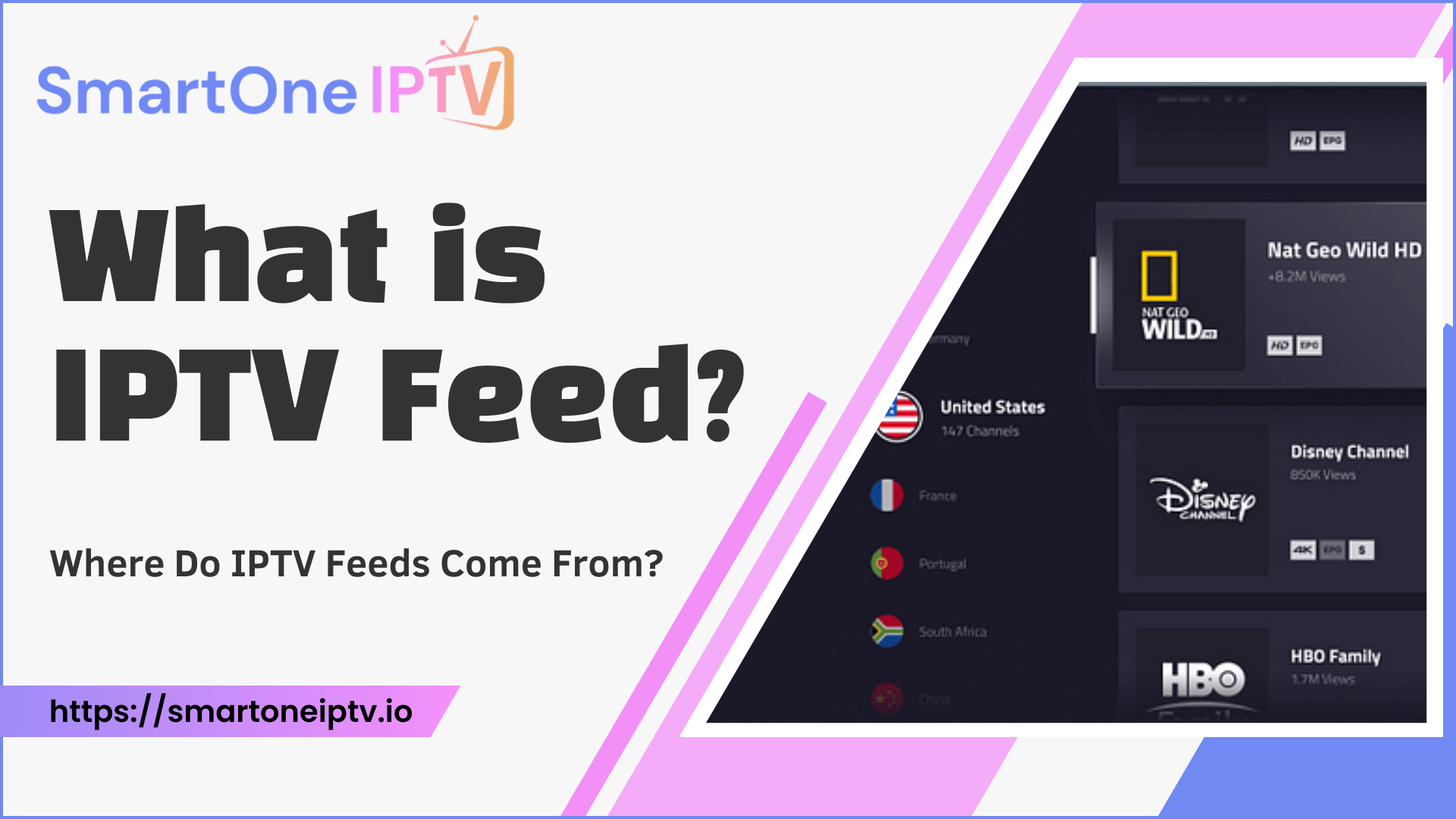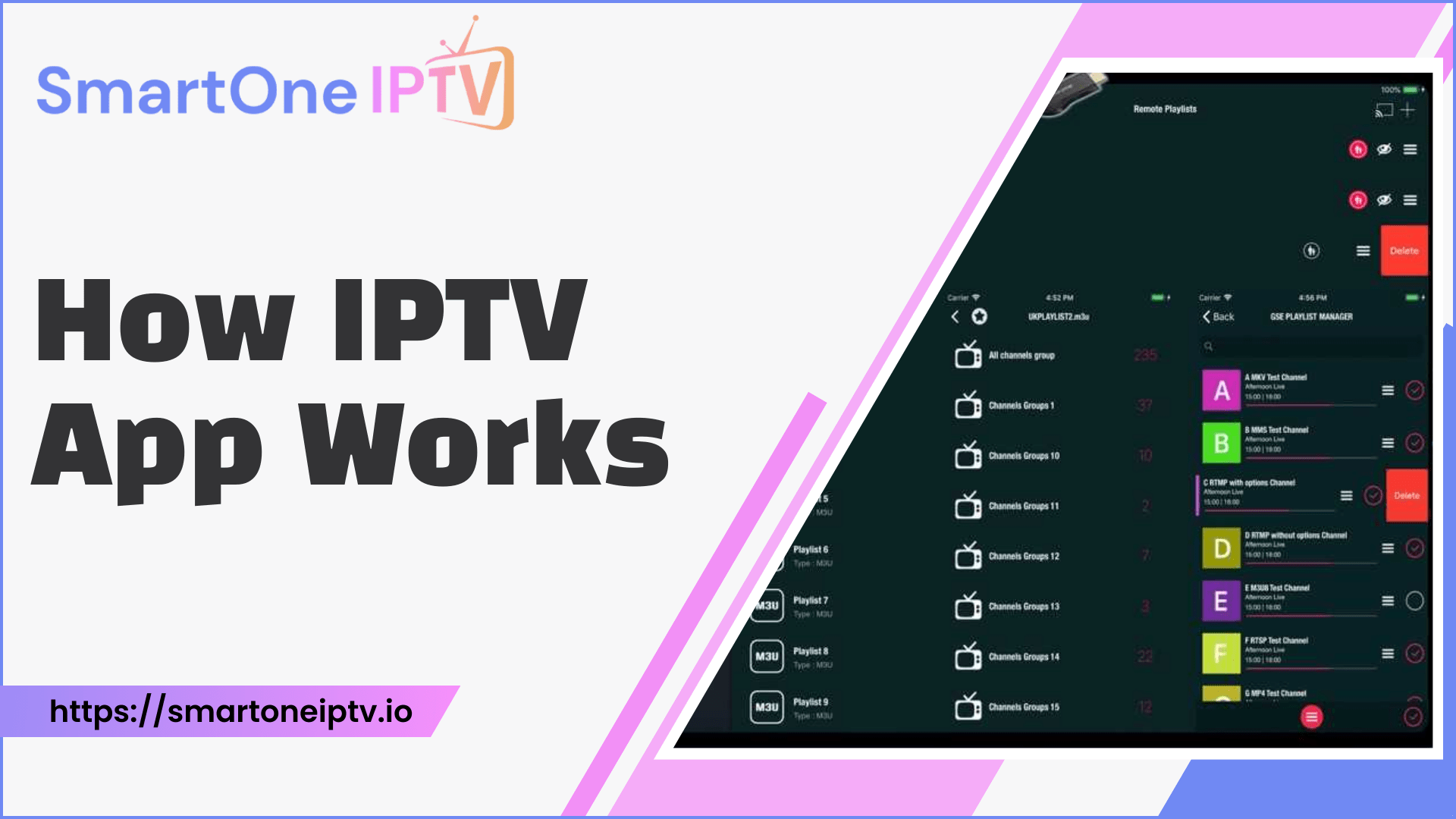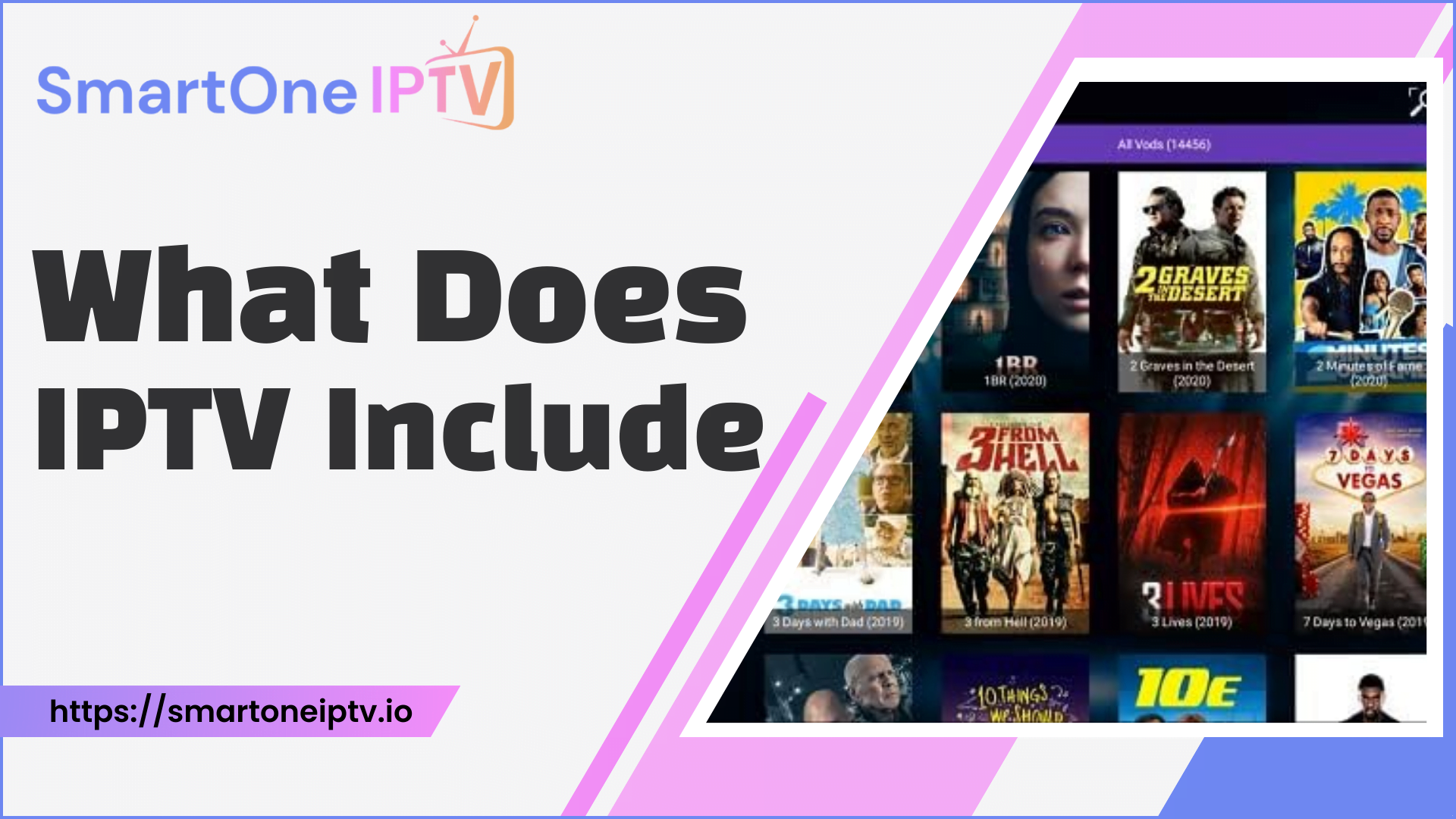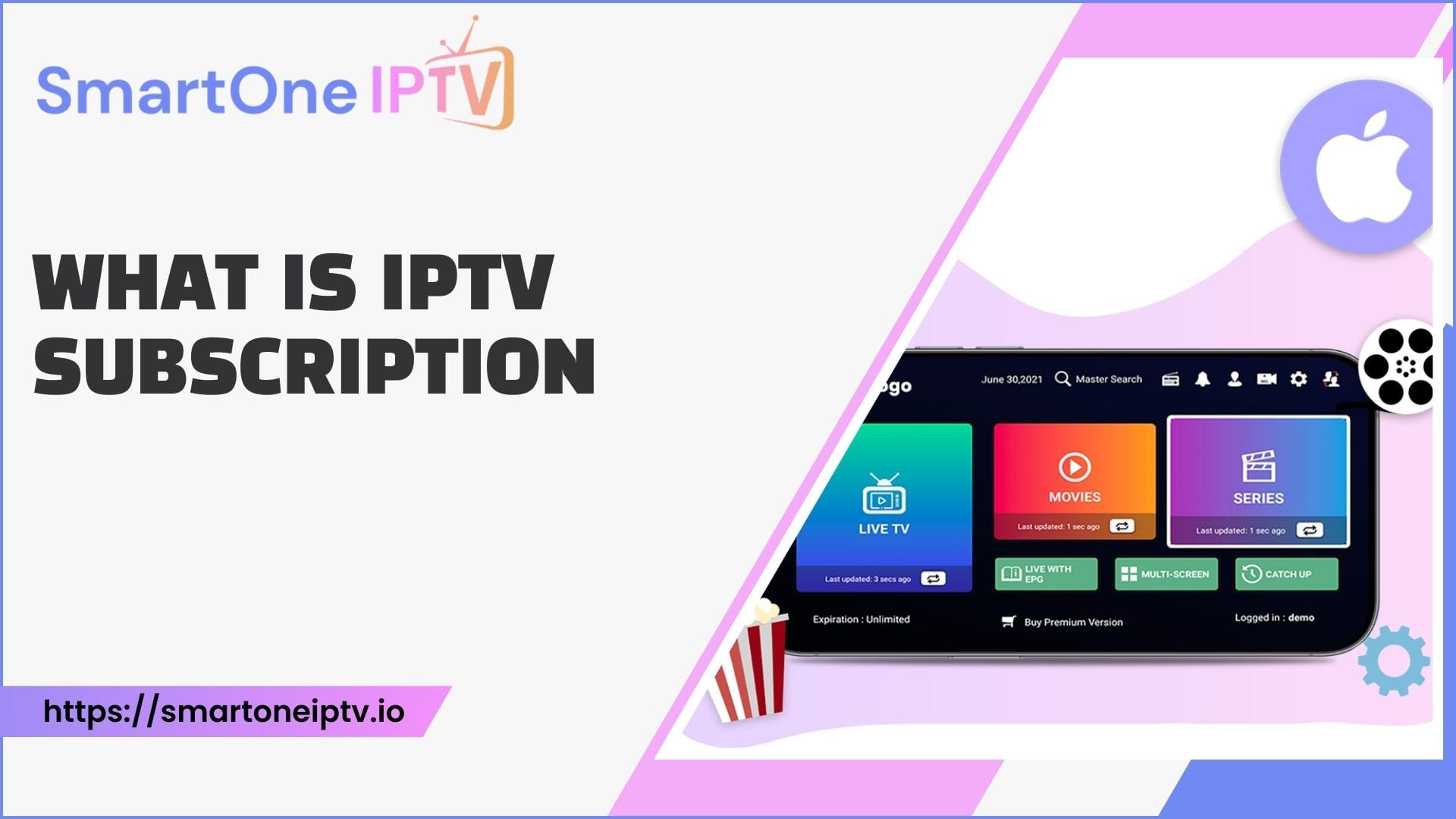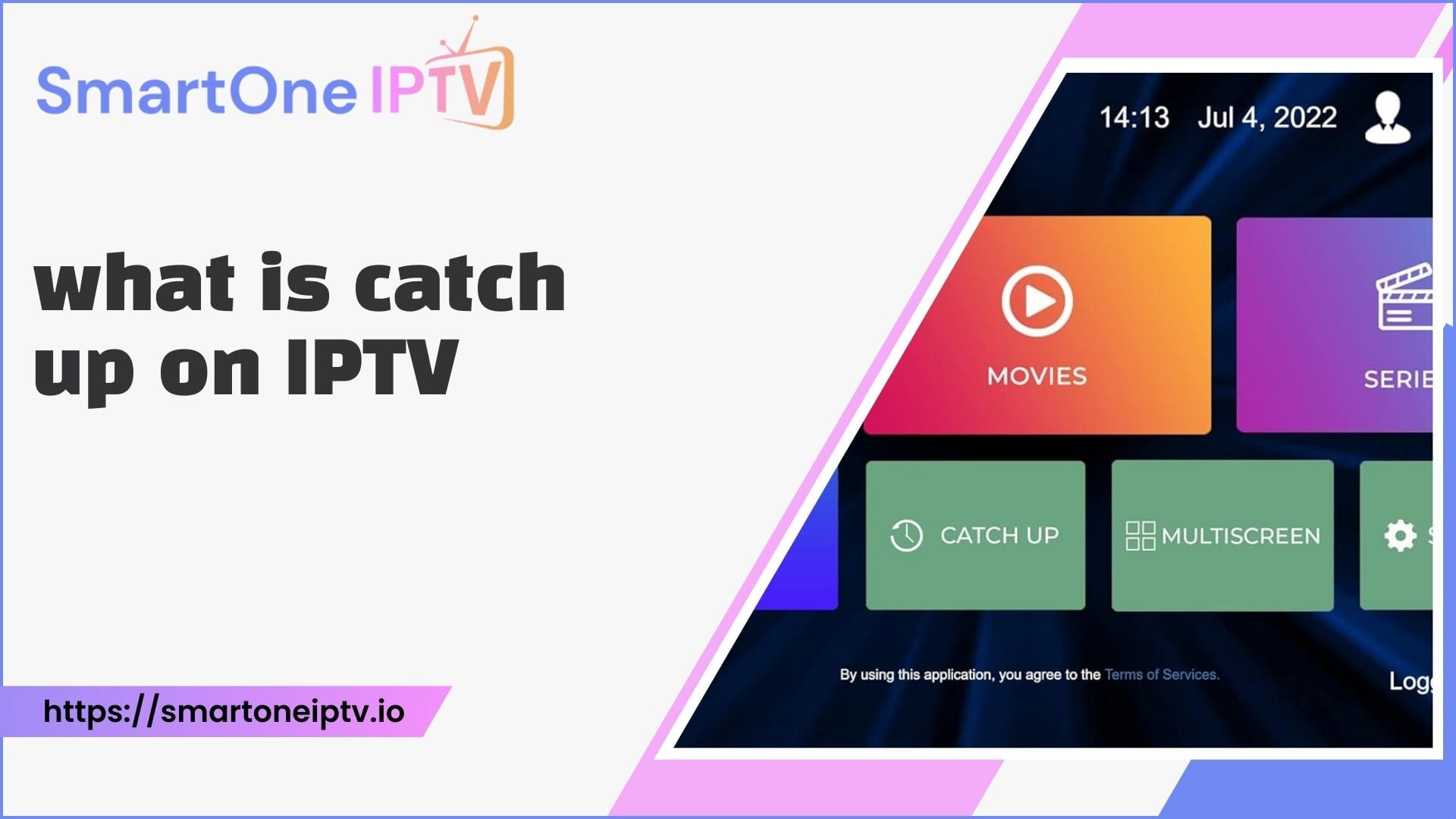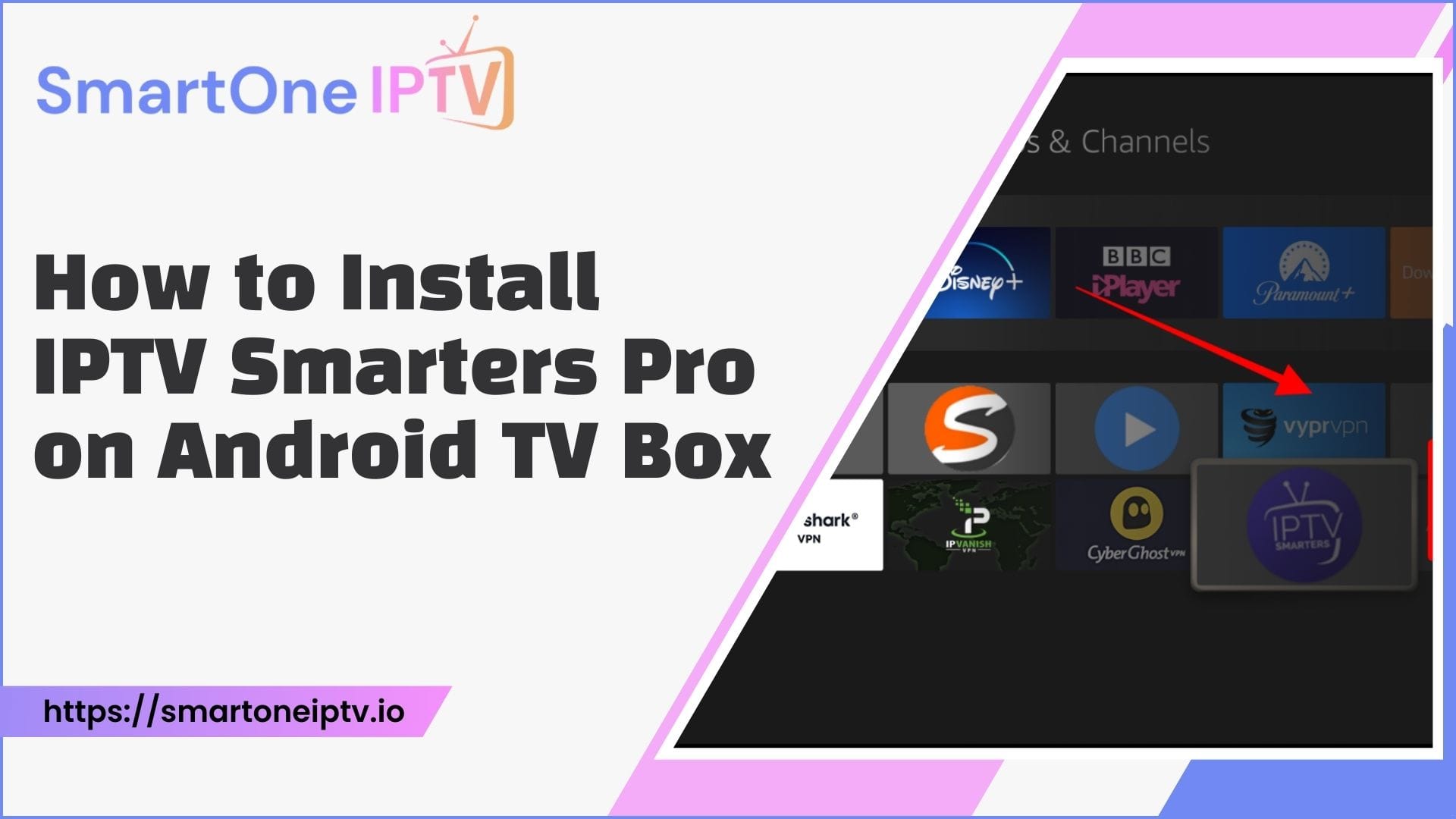Introduction
Internet Protocol Television (IPTV) is a revolutionary technology that has transformed the traditional way of broadcasting television. It allows users to stream live TV channels over the internet, bypassing the need for traditional cable or satellite connections. This technology has gained significant popularity in the digital era due to its flexibility, scalability, and the ability to deliver high-quality content directly to the user’s device.
Understanding IPTV Feeds
The raw video streams delivered to IPTV subscribers are referred to as “feeds.” These feeds contain live channels, programs, movies, and other video content.
- Licensed IPTV providers – Obtain feeds legally through content licensing and agreements with networks, broadcasters, and content producers. This gives them the right to redistribute copyrighted content.
- Unlicensed IPTV providers – Use various unauthorized techniques to acquire feeds without proper licensing. This includes piracy of satellite and cable TV feeds as well as “stream ripping,” where streams are intercepted from legal online sources and retransmitted without permission.
- Content Aggregators – Large aggregators like Encompass Digital Media and Red Bee Media acquire licensing rights for thousands of channels and VOD content from various media companies. They package these feeds which IPTV providers can access under an agreement.
Where Do IPTV Feeds Come From?
IPTV feeds can come from both legal and illegal sources.
Legal Sources
Reputed IPTV services acquire licensing rights to distribute video content through partnerships with:
- Broadcasters: ABC, CBS, NBC, BBC, Sky, Zee TV and hundreds more.
- Cable Networks: ESPN, MTV, Discovery, HBO, etc.
- Local affiliate stations and regional sports networks.
- Movie studios and production houses.
Licensed content aggregators like SmartOne iptv and Verizon Digital Media Services bundle feeds from various legal IPTV services with the proper licensing rights. The feeds are then encoded into streaming-friendly formats like HLS and MPEG-DASH.
Illegal Sources
Unlike licensed services, illegal IPTV providers use the following unauthorized techniques to source video feeds. Illegal sources include:
- Satellite Hacking: Decoding satellite pay-TV signals to access feeds without permission
- Cable Piracy: Tapping into cable company feeds by intercepting unsecured lines
- Over-the-Air Capture: Recording over-the-air broadcast signals and redistributing without consent
- Stream Ripping: Recording and re-encoding streams from legal online video platforms
- Web Scraping: Harvesting video from free streaming websites
- Peer-to-Peer Sharing: Redistributing user-generated recordings of shows and movies
Illegal sources distribute pirated content via streaming servers and platforms located strategically to evade authorities. However, picture quality and reliability are often inferior compared to legal IPTV.
Stream Ripping Technique
Stream ripping or downloading streams from legal online video platforms like Netflix and YouTube has become a major source of pirated content for illegal IPTV providers. The typical process involves:
- Identifying an online stream source like a TV network website.
- Using specialized software tools to intercept and record the audio and video.
- Re-encoding the captured stream into IPTV formats like HLS or MPEG-DASH.
- Streaming the repackaged feed from servers controlled by the IPTV provider.
Ripped streams violate copyright law. But stream ripping tools exploit a legal gray area by capturing streams for “personal use” before redistributing them at scale. Results in cheaper access to high-value pirated content.
Distribution of IPTV Feeds
IPTV providers have access to feeds, they rely on technical infrastructure to process, manage and deliver streams to subscribers.
Legal IPTV providers use:
- Robust video content delivery networks (CDNs) to cache streams closer to viewers for reduced latency and buffering.
- Powerful streaming protocols like HLS (HTTP Live Streaming) and MPEG-DASH for smooth adaptive bitrate playback.
- Strict digital rights management (DRM) to control content access.
Illegal services have more basic infrastructure:
- Cheaper third-party CDNs and cloud servers are rented anonymously to distribute pirated streams.
- Weaker security and lack of DRM leave streams prone to redistribution.
- Possible use of obscure streaming protocols to avoid detection.
Technical Infrastructure of IPTV
The technical infrastructure supporting IPTV services includes several key components:
- Servers: Hosting and managing IPTV content requires robust server infrastructure. Servers store and process video content, ensuring it is available for streaming on demand.
- Encoders: Encoders convert raw video feeds into compressed formats suitable for streaming over the internet. This process involves adjusting bitrate and resolution to balance quality and bandwidth requirements.
- Content Delivery Networks (CDNs): CDNs distribute content efficiently by caching it closer to the end user. Reduces load times and improves streaming quality by minimizing the distance that data must travel.
- Internet Service Providers (ISPs): ISPs play a crucial role in delivering IPTV content to users. They provide the bandwidth necessary for high-quality streaming and may offer managed IPTV services as part of their offerings.
Conclusion
IPTV feeds originate from a variety of sources, both legal and illegal, each with unique methods of acquisition and distribution. Understanding the source and distribution of IPTV is crucial for consumers who seek reliable, high-quality streaming services and for industry stakeholders navigating the complexities of digital content distribution.

